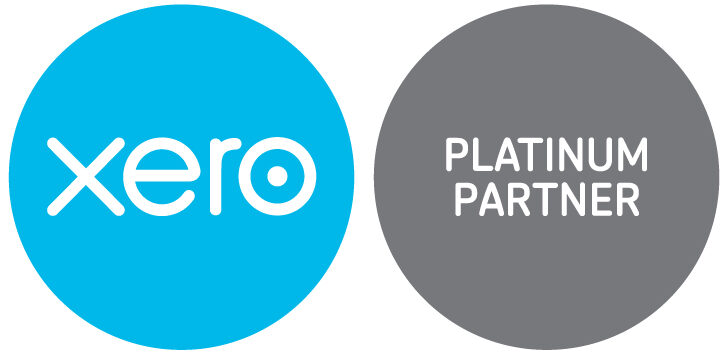A Members’ Voluntary Liquidation (“MVL”) can be a tax efficient method for Director/Shareholders to wind down their business and release the assets, especially when considering retirement. There are however some caveats that business owners and their advisers need to be aware of, in particular where an MVL is being considered for purposes other than retirement and a new venture is being considered.
The main benefit and one of the biggest advantages of closing a solvent company through an MVL is that it is an HMRC approved tax efficient way of winding up a business.
By closing your Company through an MVL, any funds taken out are subject to Capital Gains Tax (“CGT”) rather than Income Tax. Furthermore, there are additional tax advantages for Companies that qualify for Business Asset Disposal Relief, (known as Entrepreneurs Relief before 6 April 2020).
With Business Asset Disposal Relief, eligible entrepreneurs who are selling all or part of the business will pay just 10% in Capital Gains Tax on the proceeds of a sale to a limit of £1 million.
This is significantly less than the level of income tax you would otherwise be charged which ranges from 20% for the basic level to 45% for the higher rate.
What is Business Asset Disposal Relief – and do I qualify
When selling, giving away or otherwise closing your business, you may be entitled to take advantage of Business Asset Disposal Relief, a tax relief scheme designed to reduce the rate of tax you are liable to pay. If you qualify you will pay a flat 10% Capital Gains Tax rate on qualifying gains up to a lifetime limit of £1 million.
Potential Effects of TAAR
TAAR was introduced through The Finance Act 2016, to deal with the tax advantages that can occur as a result of phoenixing (that is closing down a business and extracting funds as capital then setting up a similar business to continue trading) and to prevent taxpayers from reducing their tax liability by receiving a capital payment instead of distributing profits via a dividend payment.
How does HM Revenue & Customs decide if someone is in breach of TAAR
There are four conditions that must be considered to determine if distributions made after 6 April 2016 are in breach of TAAR. All of the following must apply for the TAAR to be in point :
- The individual receiving the distribution had at least 5% interest in the Company immediately before winding up
- The Company was a close Company (that is a Limited Company with five or less members) or where all the Directors were also shareholders at any point in the two financial years prior to the start of the winding up
- At any time within two financial years from the date on which the distribution is made in the MVL:
- The individual carries on a trade or activity which is very similar or the same as the Company
- The individual is a partner in a partnership which continues with the original Company’s trade or activity
- The individual is involved with the continuation of such trade or activity by a person connected with the individual
- It is reasonable to assume that the main purpose or one of the main purposes of the winding up of the Company is the avoidance or reduction of a charge to income tax.
In the event that these four conditions are met, HMRC would view the closure of the Company as a “tax efficient” way of releasing funds to carry on with the same (or similar) business and the capital payment received would be treated as a dividend for tax purposes.
What should Directors and Members do?
TAAR is self-assessed and there is no clear guideline on the procedure, consequently the onus is on the individual and their advisers to reach a conclusion.
It is therefore imperative that full records are kept of the decision making process and the rationale behind the decision to enter into an MVL.
At all stages it is recommended that advice is sought from professionals and that the most appropriate course of action for the individual circumstances is obtained before any action is taken to prevent future enquiries and liabilities arising.
Contact us now to discuss how we can help you. Email Gareth Hunt at ghunt@rpg.co.uk or call 0161 608 0000







 Production
Production